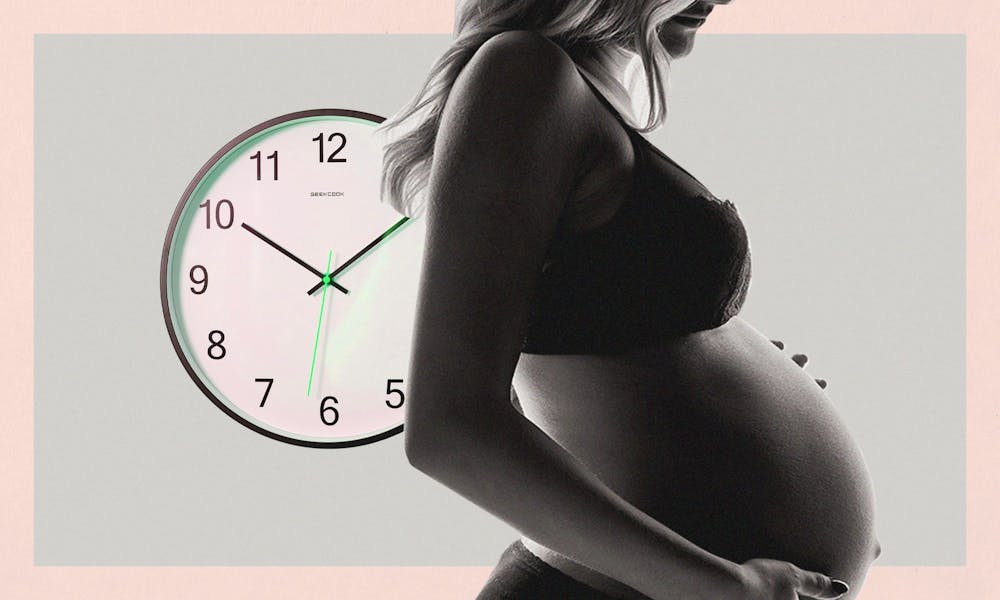“Uncertainty” and “unprecedented” are the buzzwords of the past months. As the Penn community contemplates the fall semester, we realize that COVID-19 is not a brief disruption. Instead, this time of crisis is here to stay for at least one more semester, quite possibly longer. The effects of such non-normal levels of threat and exhaustion touch each individual in highly personal ways, and they are also experienced on a sliding scale of privilege.
All of us are facing big questions right now. How do we find job stability when Penn and many other universities are instating hiring freezes? How do we move from virtual graduation into an economic recession and uncertain world? The answers to these questions will determine our future jobs, families, and social lives. But one question you might not be asking, but should be in relation to your future, is: is now the time to freeze my eggs?
Egg freezing is a relatively simple but costly medical procedure during which a doctor retrieves eggs from the ovaries, and then stores them at very low temperatures. This makes it possible to preserve eggs at a young age, when your body is producing them at high quantity and quality. The procedure costs upwards of $10,000 and is usually not covered by insurance. If it works, you can get pregnant once you’ve reached your late thirties or early fourties and decide to have a child, but with an egg much younger than your body’s current age. This makes a healthy and successful pregnancy a lot more probable.
Harvested and stored eggs help women outsmart the impending loss of fertility that begins when we reach our mid-thirties. It also means that choosing a sperm donor is open to women in relationships, single women, and queer people in a very equitable way: anyone who can freeze an egg and then can get sperm, either from a friend, a donor bank, or a partner, can conceive a child this way. Basically, freezing one’s eggs at a young age means having an extended time frame and much better odds for getting pregnant and having a child.
To be clear, I’m talking about elective procedures. I’m not talking about a broad spectrum of fertility problems such as difficulty getting or staying pregnant. However, such experiences of biological and medical limitations to having a child are important to discuss, de-stigmatize, and build solidarity around. Having children is something many people will think about at some point, and while we live in a pandemic, it’s worth creating additional potential for choice around this issue.
Though the procedure is expensive and inaccessible to many in their twenties, education about possibilities is important. After all, those of us who have any disposable income spend money on vacations, homes, and so many other large items — not to mention college tuition. Maybe one of the big items we should invest in is our fertility needs.
Education on this topic is still not disseminated broadly, and certainly egg freezing is not a normalized life option many of us are socialized to consider. When egg freezing became more viable from a technological standpoint, New York Times columnist Sarah Elizabeth Richards published a passionate appeal for better education and discussion. Just like with pregnancy, there is a strict time window attached to successful egg freezing, so having that kind of public debate and information is key. Richards and other women have published books about their own experiences, and about research they have undertaken, which can be a great place to further educate oneself. Many companies now even subsidize egg freezing for their employees to ensure they can work in their most productive years and wait to have children later.
A major college concern is how not to get pregnant, so worrying about difficulties getting pregnant in your late thirties and fourties might seem too removed a concern when so many other issues are happening. But being in our twenties, especially in a pandemic when we have a lot of free time to think, it’s actually important to consider egg freezing.
SEE MORE FROM ANGELINA EIMANNSBERGER:
Penn, listen to grad students when planning the fall semester
The uncertainty of COVID-19 means that we need to extend our timelines to make big decisions. Some people might be in quarantine away from their partners, others might have lost income and career opportunities that mean having a child won't be financially feasible as soon as they had hoped. More seriously still, the pandemic has made people lose loved ones and compromised the health of those who survive the virus. All of these factors might mean that having children will be delayed for those who are in their twenties now and wish to have children at some point.
I am not saying everyone should go freeze their eggs. I’m also not saying everyone should plan on getting pregnant at some point. This is an extremely individual choice, and as with the choice of having children, there is no right answer.
So let’s be skillful feminists who create options in a time where the future is hazy. French feminist Simone de Beauvoir's most famous quote says that “one isn’t born a woman but becomes one.” This means that our bodies should not determine our fate, neither for ourselves as individuals nor for society as a whole. Egg freezing is a medical opportunity, similar to the introduction of the birth control pill in the 1960s, that allows women a lot more freedom over our bodies and what to do with them. These are choices that we can give to ourselves.

ANGELINA EIMANNSBERGER is a Ph.D. student entering her third year in the Program of Comparative Literature. Her research focuses on Contemporary U.S. women writers, Socialist Feminism, femininity, and women’s book clubs. Her email address is aeim@sas.upenn.edu.
Have opinions of your own you would like to share? Submit a guest column.









